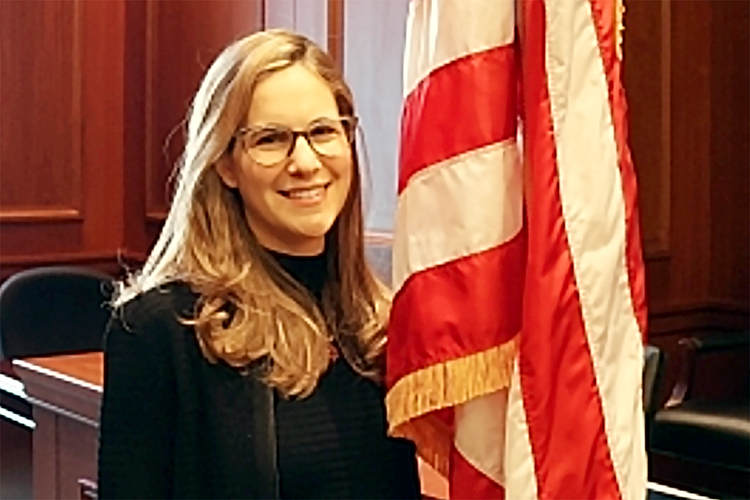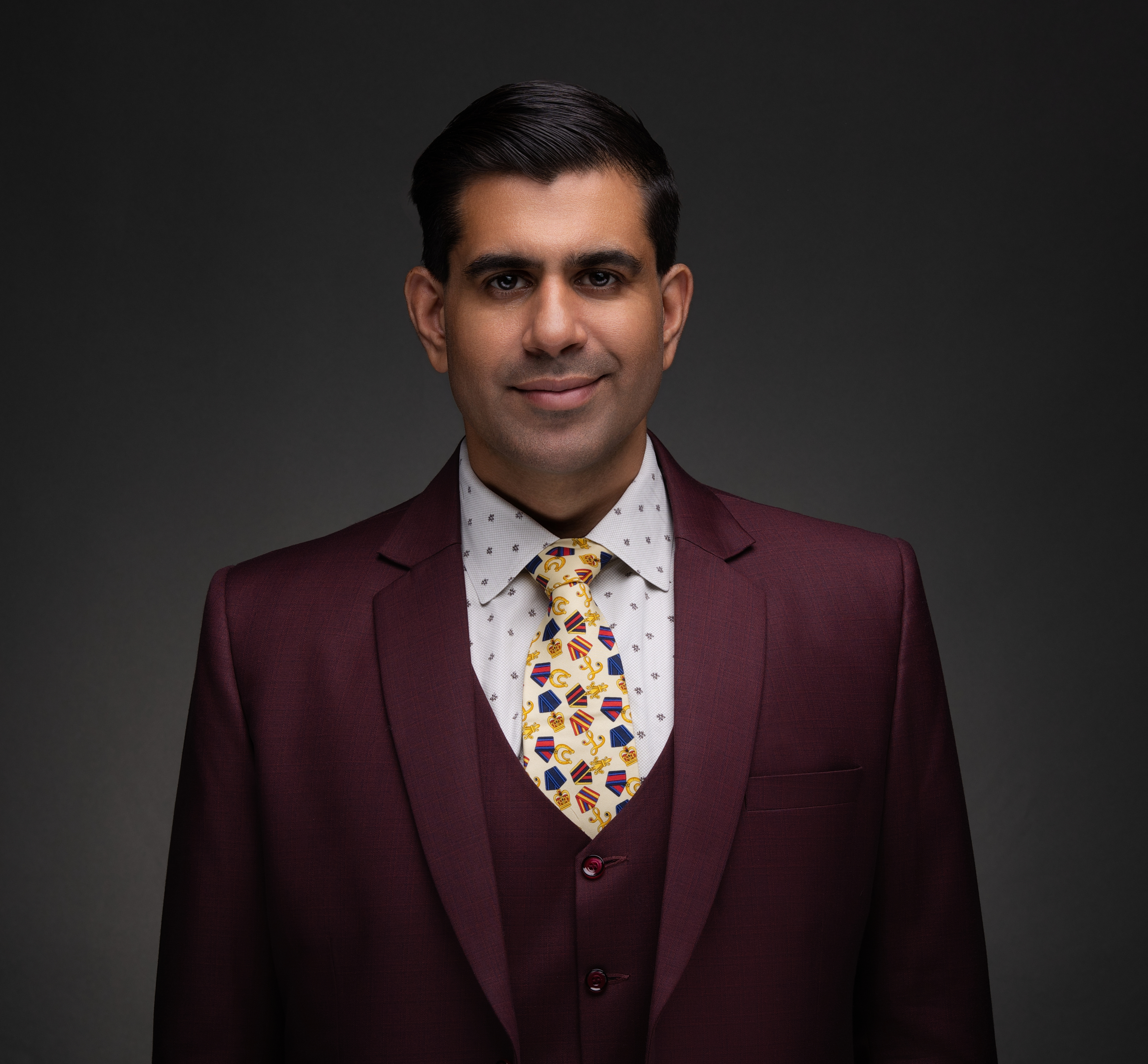With Trump indictment, appeal, Jack Smith launches final pre-election moves

Special counsel Jack Smith addresses reporters after bringing a second indictment against Donald Trump, in Washington in August 2023. (Bill O'Leary/The Washington Post)
Special counsel Jack Smith tried to strike a careful balance in the revised indictment he brought against Donald Trump on Tuesday—hoping to salvage enough of his election-interference case to get it to a jury without running afoul of the Supreme Court’s new and vague definition of presidential immunity.
A day earlier, Smith filed an appeal in his other prosecution of the former president, hoping to resurrect the classified documents indictment that a trial judge had thrown out.
In both instances, Smith is trying to nurse back to health cases with potentially fatal ailments: in Florida, a set of charges dismissed by a highly skeptical Trump appointee; in D.C., a case of alleged election obstruction that the nation’s highest court has already amputated once, and may do so again.
The fate of each case is very much a political question, not just a legal one. Trump is again running for president, and both the revised indictment and the Florida appeal face months of proceedings that will prevent a trial before the upcoming election.
If Trump returns to the White House, his Justice Department would almost certainly drop the federal cases against him. If he loses, Smith is signaling he plans to push ahead, with Trump likely to spend months or years after the election in court.
The revised D.C. indictment, known as a superseding indictment, reflects some carefully calculated decisions and legal maneuvering, according to legal experts. The Supreme Court’s landmark decision to grant broad criminal immunity to presidents left much for lower courts to decide on what is an official presidential act that cannot be prosecuted and what is a private one that could be subject to criminal charges.
Smith concluded, for example, that some conversations about purported election fraud between Trump and his White House chief of staff could be considered official acts—and chopped them from the revised indictment.
But Trump’s pleadings with then-Vice President Mike Pence to block the certification of Joe Biden’s 2020 election victory remained in the latest version.
“Smith has decided to play it as safe as possible while still having a case. He could have taken more risks,” said Stephen Gillers, professor at New York University School of Law. “Undoubtedly it is not as strong a case as it was before, but it is a formidable case.”
David Schoen, a Trump ally, said the superseding indictment underscores the reality of Trump’s legal predicament: The most certain way for Trump to make the cases disappear is to win in November.
Kept in, tossed out
Even with Smith paring down the indictment from 45 to 36 pages, Trump faces the same four charges related to his alleged attempts to overturn Biden’s win: conspiring to defraud the United States, conspiring to obstruct an official proceeding, obstructing a congressional proceeding and conspiring to stop people from exercising the right to vote and to have their vote counted.
“They really, really tracked as closely as they could to what the instructions were from the Supreme Court’s majority opinion,” said Mary McCord, who served as acting assistant attorney general for national security during the Obama administration. “You see that through what they eliminated and what they added.”
Smith had little choice but to remove from the indictment the damaging evidence that Trump allegedly tried to strong-arm his Justice Department to support his false claims of voter fraud, according to legal experts. The Supreme Court made clear in its opinion that such interactions between a president and his Justice Department are “absolutely immune from prosecution.”
But whether Smith should have kept or removed other evidence is less obvious.
“Other allegations—such as those involving Trump’s interactions with the Vice President, state officials, and certain private parties, and his comments to the general public—present more difficult questions,” the Supreme Court opinion read.
When it came to keeping interactions with Pence in the revised indictment, McCord said, the special counsel deftly focused on the vice president’s role as the president of the Senate.
In the original indictment, Smith wrote that Trump and his unindicted co-conspirators “attempted to enlist the Vice President to use his ceremonial role at the Jan. 6 certification proceeding.” In the superseding indictment, Smith added that Pence is “President of the Senate” - alleging that Trump and his co-conspirators “attempted to enlist the Vice-President in his ceremonial role as President of the Senate at the Jan. 6 certification proceeding.”
Robert J. McWhirter, a constitutional law expert, said it is likely that Smith stressed Pence’s role in the Senate because the president does not have any official duties related to the legislative branch. Based on the Supreme Court opinion, McWhirter said, Smith made the calculation that Trump attempting to persuade Pence to subvert his election certification duties in the Senate would not fall within the broad realm of official presidential duties.
“That’s probably why Smith left it in,” McWhirter said. “It was a smart legal move.”
Giller, however, said including the Pence details was the riskiest part of the new indictment. Since Pence’s primary role is in the executive branch, he noted, judges or justices could disagree with Smith and view Trump’s communications with Pence as an official act - striking that evidence from the case.
The bulk of Smith’s other evidence against Trump seems to comprise clearly private acts, Gillers said, though he cautioned that courts could certainly disagree.
“Yes, Smith can afford to lose the Pence stuff,” Giller said. “But as you keep chipping away, a judge may say there is not enough evidence to convince a jury that Trump is guilty beyond a reasonable doubt.”
The revised indictment also focuses more on Trump as a 2020 presidential candidate than his role as president. For example, when describing the speech that Trump gave on Jan. 6, 2021, espousing election lies, the superseding indictment noted that Trump delivered “a Campaign speech at a privately-funded, privately organized political rally.”
The speech was not described that way in the original indictment.
McCord noted that the special counsel team removed from the original indictment many of Trump’s social media posts lambasting the integrity of the 2020 election. Those that remain, she said, are largely Trump’s misleading assertions that Pence had the authority to reject the electoral ballots and overturn the election results.
“Presidents can talk about a fair election,” McCord said. “But they don’t have a presidential interest—they have a personal interest—in winning the election. Winning the election is not part of your core constitutional functions.”
A lengthening calendar
The potentially fatal blows to Trump’s two federal indictments have indefinitely delayed both cases. And that’s good for the former president. His strategy always has been to push the criminal trials beyond the 2024 election, according to people familiar with his legal team’s work.
The Florida case was tossed out when U.S. District Judge Aileen M. Cannon ruled that Smith was unlawfully appointed—a surprise decision that Smith, and many outside experts, say ignores clear legal precedent and long-standing government practice.
It could take months for the U.S. Court of Appeals in the 11th Circuit to decide whether to uphold or overrule Cannon’s decision. And whatever the 11th Circuit rules is likely to then be brought before the Supreme Court.
In D.C., the federal election interference case is now back before Judge Tanya S. Chutkan. She must decide whether, based on the Supreme Court ruling, Trump can be prosecuted for the actions alleged in the superseding indictment.
Both Trump’s attorneys and the special counsel are likely to challenge Chutkan if she rules against them, with even the whittled-down indictment destined to become the subject of protracted legal battles. Those battles, too, may have to be settled by the Supreme Court - another process that could extend well into next year.
The lawyers face a Friday evening filing deadline for both sides to make a joint proposal about how to schedule new pretrial hearings centered on presidential immunity.
The drawn out schedule could be a political boon for Trump. The two federal cases, and two state indictments brought against him last year, improved his standing during the Republican primaries, with Trump successfully portraying himself as a victim to his base. He is separately trying to stave off his mid-September sentencing in his New York state hush money trial, in which a jury found him guilty of falsifying business records connected to a hush money payment before the 2016 election to conceal an alleged sexual relationship with a porn actress.
It’s still unclear how Trump’s legal issues will impact him with voters in the general election.
Hours after Smith filed the superseding indictment, Trump was already using it as a fundraising opportunity. He sent three pitches to donors.
“Now, they’re after me again with another HOAX,” he wrote in one fundraising email. “BUT I WILL NEVER SURRENDER!”
Write a letter to the editor, share a story tip or update, or report an error.


